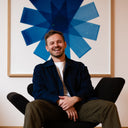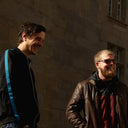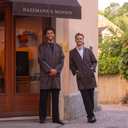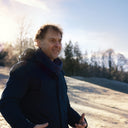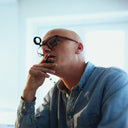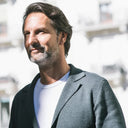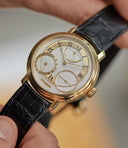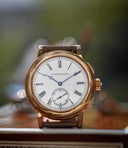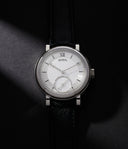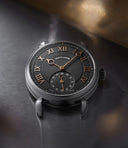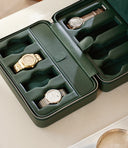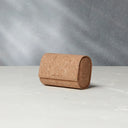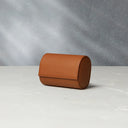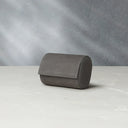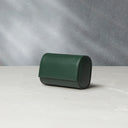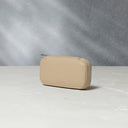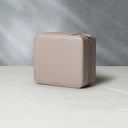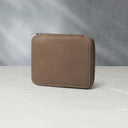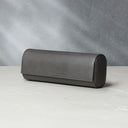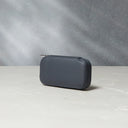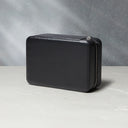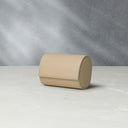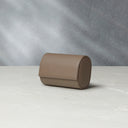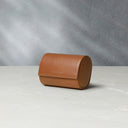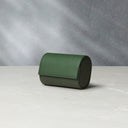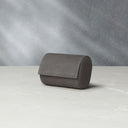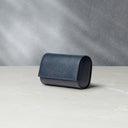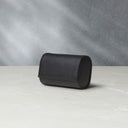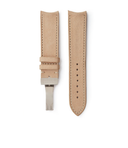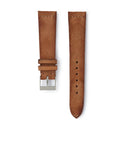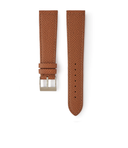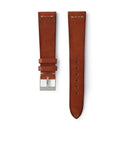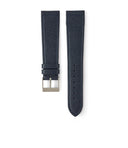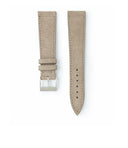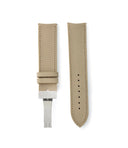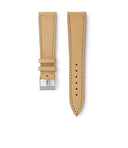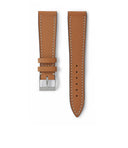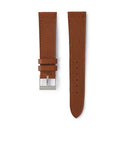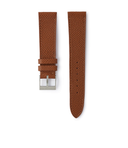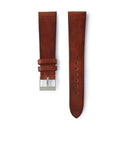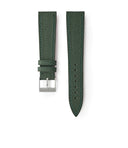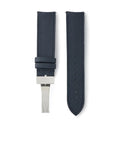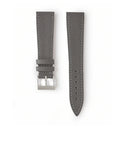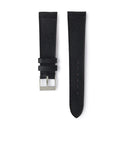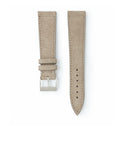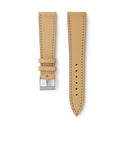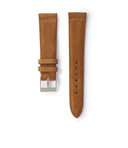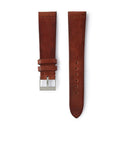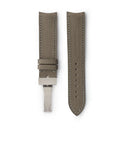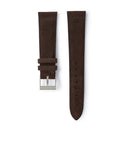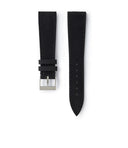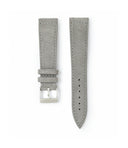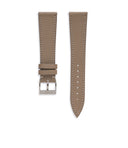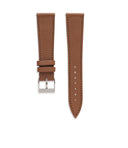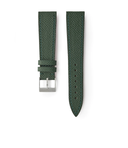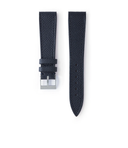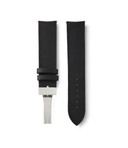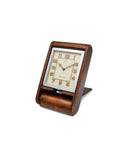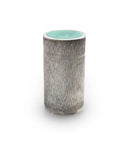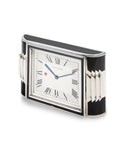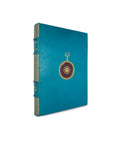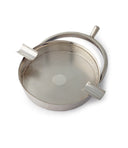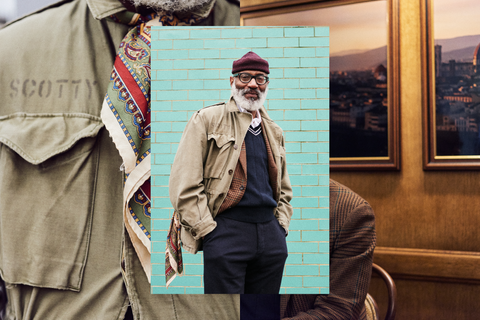
Interview: David Coggins
By David Hellqvist
Fly fishing is a humble deed: hours of patience without the guarantee it will pay off. The fish answers to no one. Many fishermen will say it sets them up for a life of success and challenges in equal measure. But the sport isn’t just about catching fish; if anything, it’s about catching yourself.
New York-based writer David Coggins knows this well. He’s globetrotted several continents fishing, writing a book – and working on another one – about the ups and downs of life with a rod. For Coggins, fishing is one of his five main life pillars – at least according to the chapters on his website, The Contender – up there with travel, style, drinking and “etc”, the last one nicely summing up everything else going on in a busy man’s life.

Coggins is located in New York.
It's the style chapter that’s his most prolific to date, though. He’s probably as known for his characteristic style as his writing – and that’s not to minimise his literary abilities, rather a compliment on the Coggins wardrobe. Coggins has a way of making old-school bits, like linen suits, knit ties and silk scarfs, feel utterly contemporary. And that’s a skill and a half, as no one wants to be defined by the past, not even your own, and Coggins takes an arguably vintage look and makes it 21st century modern.
For A Collected Man, we discussed having an artist/writer dad (who also happens to be called David Coggins) editing your college essays, travelling the world fly-fishing, creating the perfect wax cotton sport coat with Drake’s, and what makes a good watch brilliant.
ACM: How do you introduce yourself? What’s on your business card, should you still carry such a thing?
DC: First, I just tell them I’m a writer. That shuts some people down and they’ll move to the next person at the cocktail party. Other people will be more curious, or usually slightly suspicious; they don’t necessarily know what that entails. And I say, “Oh, I wrote a book; a few, actually”, or “Oh, I write for magazines, though most of the magazines I’ve written for have shut, sadly”.

Books and magazines in Coggin's apartment
How did you get into writing? What was your path like?
I grew up in an artistic and literary household – my dad is an artist and a writer, my mom’s an interior designer, and so we love books and the theatre, and to travel. It was not unusual for me to be interested in those things at all; it wasn’t strange. They weren’t concerned that I was interested in writing. I studied art and literature, and then I wrote a lot about art [and] spent some time in London interning at the magazine Modern Painters. That was when they still had all sorts of interesting people writing for them about art – novelists like William Boyd and Julian Barnes – and I think every time they were about to run out of money, David Bowie would write them a cheque. That was an important education for me, but then at a certain point I wanted to write about other things, the other things that I cared about, like tailoring and fly fishing and style, so I slowly moved it in that direction.
You mentioned your father was an artist and writer himself. Was that a good or bad thing for you – or maybe both?
In our case it’s a very good thing; he edited my work pretty aggressively when I was a boy [laughs] and I could stay up past my bedtime until I got it correct. He denies this, but it’s true. I would have to walk downstairs and present my school essay and he took out the blue pencil and be like, “Be more concise”, and “This is extraneous”, and so on. The education I got from my parents was great, and is still great. We got to travel to Europe as children, and my sister and [I] were often around theatre people – my parents did some set design for a wonderful theatre group – so we were comfortable in that setting.


More details and the view from Coggin's apartment.
One of your books is called Men And Style. Can you tell me a bit about it?
It was my first book. It came out when I was about 40 years old, [when] I was thinking about my friends who were starting to become fathers, and I was thinking about my own father, the lessons I learned from him. I started to see him differently as I got older, and to see him in a more sympathetic way, kind of on his own terms – not just as my dad, but as a man. I saw how being a dad changed my friends, so I was really thinking about how we arrive at our point of view, which I think really starts to happen in your late 30s. So I asked a group of men living in New York, most of them working creatively, what they learned from their fathers – any kind of rules they had, or things they inherited from him, maybe even fights they had. [I was interested in] how these men arrived at their point of view, what phases they had, what mistakes they made and, I suppose, how they became who they are today because of all that.
Another big part of your personal and professional life is fly-fishing. How does that work for someone living in Manhattan?
I’ve lived in New York now for about 25 years and to survive here, at least for me at this point in my life, I travel a lot, as I think it’s important to get outside the city. I fish a lot in the Catskills upstate, but anywhere will do for me, really. I was just in Argentina for quite a number of weeks fishing, and that’s like the antidote to city life. Even the cultural life here, I think, is to be outside in the most basic sense. If you’re fishing for trout, especially, you’re in a beautiful place, so you already have a lot covered. I like the act of fishing, but also being in Patagonia, for example. I mean, it’s quite a thing to wake up in Argentina, to the culture and the guides and the complete experience – the food you’re eating and the wine you’re drinking, and then the fishing on top of that, which is terrific.
I fished loads as a hobby, then wanted to make that part of my professional life. [It] was kind of a leap because there are already people who are true experts on this and I didn’t pretend to give people technical advice on how to fish. I’m a very enthusiastic amateur, with stress on “enthusiastic”, and also stress on the “amateur” bit. That’s been a really exciting part of my life for the last few years. [I have been] incorporating travel, eating and drinking – all the things I love anyway – into fishing to make it the full package.
How did you get into it? Was that a family thing, or did you discover it by yourself?
Yeah, I grew up in Minneapolis, Minnesota, which is sort of the Midwest of the United States, and we have a cabin on a lake in Wisconsin. I spent summers there as a boy and I still go there a lot – that’s a huge part of my life and my family’s life. I would fish on that lake, and then I fished with a couple of old timers who also had houses on that lake – really great sportsmen. They would take me out and they taught me. I wrote about this in The Optimist. It progressed from there and in my 20s I became even more interested in the sport. It’s been a great part of my life since then, with plenty of setbacks and humiliations … but part of fishing is suffering, and if you can do it in a dignified way, it teaches you about all the kinds of absurdities and failures of life.

“Part of fishing is suffering.” – David Coggins
So The Optimist is your book about fishing?
Yeah, it’s set up kind of like a memoir and a travel book, but of course if you write a book about fishing, you’re almost obliged to say it’s about more than fishing, which maybe it is, maybe it isn’t. I’ll let other people decide that. Each chapter is a different place and a different fish, and a different sort of virtue required to catch that fish. It begins in Wisconsin where I started fishing, moves onto Montana where developed my skills, and then goes onto these road trips I make – to the Bahamas, for example, where I tried to catch some bonefish, or landlocked salmon in Canada, going to Patagonia, and then it finally ends in England. Going to the chalk streams of the River Test [in Hampshire] was about making the final pilgrimage to where the sport began, so that that’s how the book ends.
Is there a follow-up planned?
Yes, book number two is called The Believer. It’s about these pilgrimages I’m making to the places I’ve always dreamt about going to fish: there’s an even longer trip to Argentina. I’m going to Cuba next week, and later on I’m going to Japan and Norway, if it all works out.


Coggins owns a vintage Reverso with his initials engraved on the caseback.
Let’s talk about the Drake’s collection. It’s a fishing-inspired collaboration – can you tell me a bit about how it came about?
I mean, I just love Drake’s – the clothing and the people – so that’s sort of a good start for any professional friendship. I think of them as friends first. And years ago, Michael Hill – who’s the creative director – and I had an idea to do a Drake’s publication which became Common Thread magazine. That was really fun to do and important and good work, I think. It was nice because Michael’s really smart [and] he doesn’t try to make everything about Drake’s, so we could talk to interesting people about interesting things. He had enough confidence that it could speak to the values of Drake’s, creativity and all these other things like travel and artistry.
We also started to talk about doing clothes together. I was thinking about what kind of garments and pieces I wished existed, and what I would wear. We ended up doing a few ties together, but the fly-fishing clothes were more of an ambitious collection. It started with my desire to have a wax cotton sport coat, which just doesn’t exist anywhere, and it seems like it should. It’s the sort of thing you can wear at a lodge, or wear on the side of the river. It was just a cool thing.


Coggins outside the Three Lives & Co. bookstore in New York
What about watches? I mean, do you wear one? If so, what’s your relationship to it? I wear my late father’s watch, so there’s an inherent personal connection, but what’s it like for you?
It’s interesting that you say that because I completely view watches as something that goes from generation to generation. My fanciest watch is a Jaeger-LeCoultre that I got from my parents and that has my initials engraved on the back. I love that watch. Then I have a Cartier Tank. Those two are the only watches that I wear formally. But for fishing I have a variety of Timex watches in rare colours. I also like MWC watches, which just stands for Military Watch Company, for fishing purposes. All they do is reproduce old military watches. And I’m very happy with that setup.
Our thanks to David Coggins for speaking to us for this interview.







